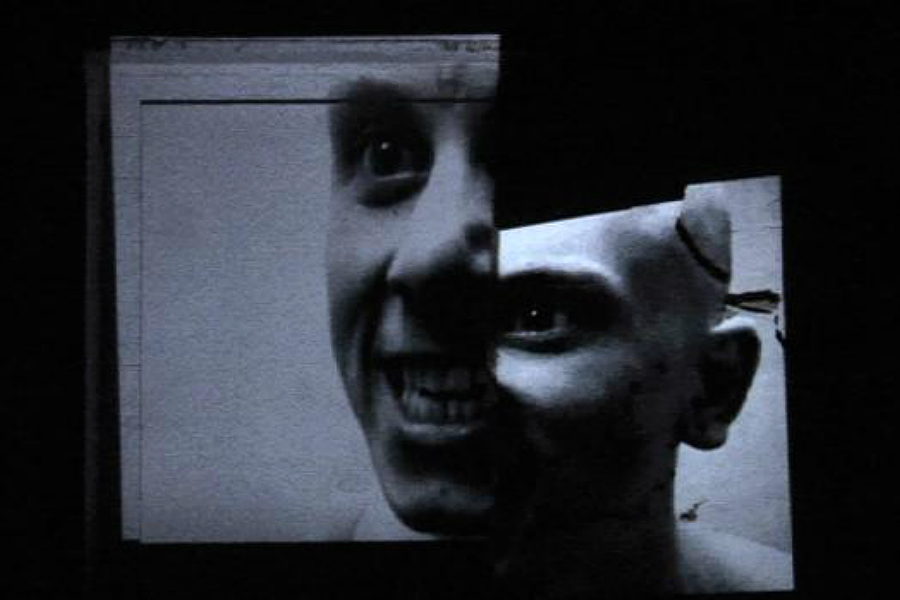Artist Cine Club: Selected by videoclub

Selected promised to ‘bring together some of the best emerging film and video artists from the UK’. Let us be the judge of that…
Last night we went along to Selected II, hosted by the Artist Cine Club at FACT. We had an expectant curiosity and a sense that these films, nominated by artists shortlisted for the Jarman Award 2011, would be of a standard befitting such attention. Put together by Videoclub and Film London Artists’ Moving Image Network, who had secured Markus Soukup, Andy Lacey and Anonymous Bosch to form a panel discussion following the screenings, the evening promised much.
So often overlooked, the short form can be every bit as coherent, challenging, life affirming and amusing as its feature-length relative. Over the past few months we’ve been exposed to a great many short films that reflect the best of their type. Max Hattler’s abstract piece, Shift, and The Eagleman Stag by Michael Please spring instantly to mind as high water marks. By the same token, a director given an hour and a half or more to play with, can easily produce something indulgent, lazy, unintentionally hilarious, or just plain bad as it gets. We’ve all seen them, clogging up our multiplexes in the summer months.
Working with budgetary and time restrictions, the short film maker has to be much more creative and experimental, factors which often lead to the creation of intelligent and thought-provoking pieces of art. But as the screenings played out in front of us, beginning with Daniel Swan’s Ascent, it dawned on us that tonight perhaps, we wouldn’t be witness to anything of the sort. Of the 10 films shown, a couple of them – handclap/punchhole by Charlotte Prodger and Alexis Milne’s Jobseekers – bravely scratched at the surface (if ultimately failing) of offering up some respite. While at one minute 28 seconds, Benedict Drew’s Sludge Manifesto, which played with ideas of materialism within digital technology – though interesting – was over almost as it began.
So, what of the rest? Utilising techniques and imagery (juxtaposition, slow takes, spliced pornographic images, and overlaying amongst them) you could find in any under-par degree show up and down the country, most of the other films felt like token offerings rather than labours of love conceived to question, or push boundaries. The worst offender on the night, and it is truly bad, was A Kind of Correspondence by Una Knox. With the notional intent of discussing “… duality and uniqueness through the reference of popular music icons”, we can’t stress the feat of endurance we showed in not vacating our seat.
Said icons were John Lennon and George Harrison, Knox employing twin brothers (who, it must be said betrayed no understanding of, or interest in their subjects) to debate the relative merits and differences of the pair. The brothers, strolling through a gallery, assess the outputs of the two former Beatles. The result is so agonisingly, poorly executed, it defies belief. Then, the torture almost over (it was one of the longer films, running at 10 minutes), they share a joke and agree that they like the Stones better anyway. In the context of discussing duality and uniqueness, this should have been a nice touch, a bit of humour to end on. Instead it came across, somehow, as terribly smug.
Remember, these films had all been subject to a selection process, it wasn’t an open submission. So with 70% of those chosen disappointing (and we’re being generous here), you have to wonder what the films which didn’t make the cut were like. We opted not to stay for the panel discussion following the screenings, lest our outrage at the brass necked artists and hosts get the better of us. A colleague summed it up when they said they’d felt short changed by Selected. It had been a free screening.





